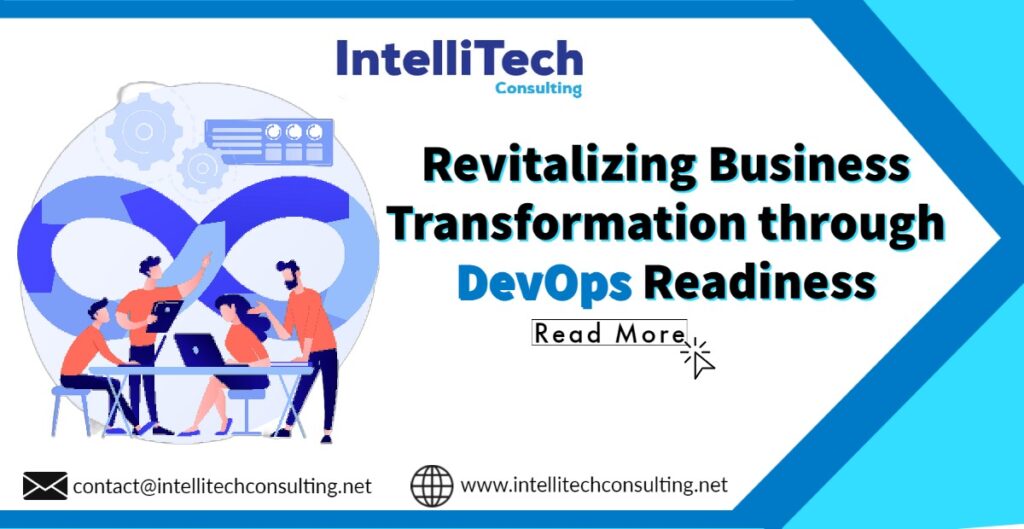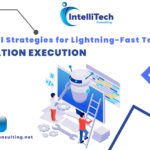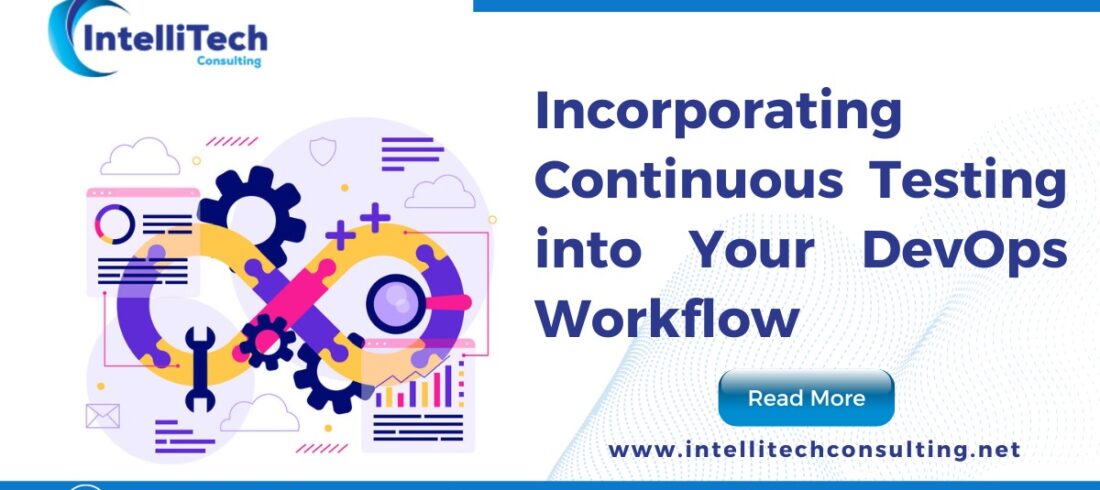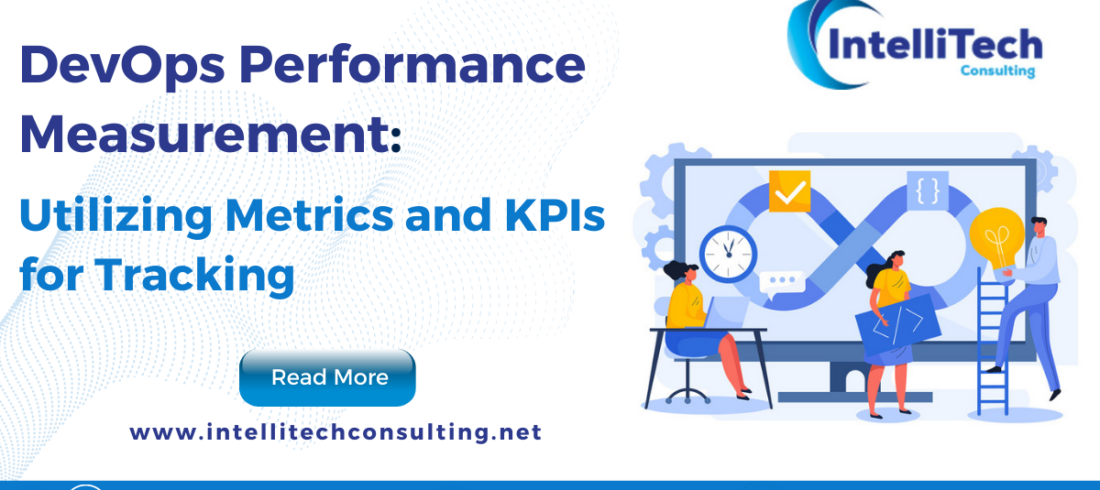

Revitalizing Business Transformation through DevOps Readiness
Harnessing the potential of DevOps is significant for businesses seeking to revitalize their transformation efforts and discover untapped revenue streams. As highlighted by Gartner, organizations that grasp the business advantages of DevOps are more likely to achieve remarkable success.
To embark on a DevOps journey, CIOs must first identify key indicators that signal an enterprise’s readiness to adopt this transformative approach. While DevOps initiatives have traditionally focused on optimizing internal IT processes, it is imperative to recognize their broader impact on driving innovation and delivering swift business value.
What are the best strategies to scale DevOps?
Scaling DevOps requires a thoughtful approach and a growth mindset. By integrating small teams, fostering cultural transformation, establishing a DevOps Center of Excellence, conducting Proof of Concept projects and creating communities of practice; businesses can effectively scale their DevOps initiatives. These strategies, coupled with assessing DevOps readiness; enable organizations to unlock the full potential of DevOps and achieve significant benefits.
How to assess DevOps Readiness?
First and foremost; it is important to grasp and comprehend your present circumstances. Understanding where you currently stand is the main key. A reliable evaluation not only enables you to make necessary changes; but also helps leaders identify potential obstacles within the existing system. Moreover; it aids in organizing and prioritizing the activities required to integrate these new ways of working into your company’s cultural fabric.
When assessing your enterprise’s readiness for DevOps; it is important to consider multiple factors. Understanding and measuring the current state of your enterprise is of utmost importance. A dependable assessment ensures that you have a clear understanding of your true position and standing. The assessment process for determining your DevOps maturity consists of six steps:
- Align your organizational strategy by establishing a clear vision. Define goals and plan expected return on investments using valid metrics.
- Evaluate the current level of maturity across all categories and pinpoint areas of concern.
- Prioritize the areas that require focus and create a vision for the future.
- Develop a DevOps roadmap and translate the vision into an actionable plan.
- Implement the roadmap by incorporating continuous testing services and regular monitoring.
- Refine the roadmap based on current trends and adapt to changes as needed.
Leaders can also gain valuable insights into their current capabilities by comparing themselves to peers and other enterprises engaged in similar work.
Key Factors for a Successful DevOps Transformation:
The COVID-19 pandemic has undoubtedly resulted in a significant shift, allowing enterprises to fast-track their journey of digital transformation. Gartner published the statistics that – “76% of CIOs have reported an increased demand for new digital products or services during the pandemic and 83% anticipate this demand to further rise in 2021.”
To achieve a successful business transformation through DevOps, consider the following key points:
- Embrace and adapt to the evolving changes in the environment.
- Establish a clear vision and actively pursue it.
- Identify areas for improvement and implement strategies to enhance performance outcomes.
- Develop a comprehensive understanding of DevOps initiatives within the organization and adopt a holistic perspective to drive progress.
- Prioritize superior customer experience assurance as a driving force for every initiative, leading to accelerated organizational growth and increased return on investment.
- Foster a culture of collaboration and real-time feedback, focusing on mutually agreed-upon key performance indicators for automated operations.
The current trends unmistakably indicate a growing adoption of DevOps initiatives. Therefore, for enterprises to successfully transform their business, it is crucial to revitalize their DevOps readiness.
Conclusion
DevOps is the future standard for software development and operations; enabling enterprises to run their businesses more efficiently and with higher quality at a faster pace. Intellitech’s expertise in DevOps implementation has led to a 95% increase in operational efficiency, a 45% improvement in mobile app usability, and over 30% reduction in human intervention. Our DevOps testing service specialists have extensive experience in Continuous Integration (CI) testing and Continuous Deployment (CD), offering support in configuring and executing popular CI/CD tools to drive your DevOps transformation and application testing endeavors.






